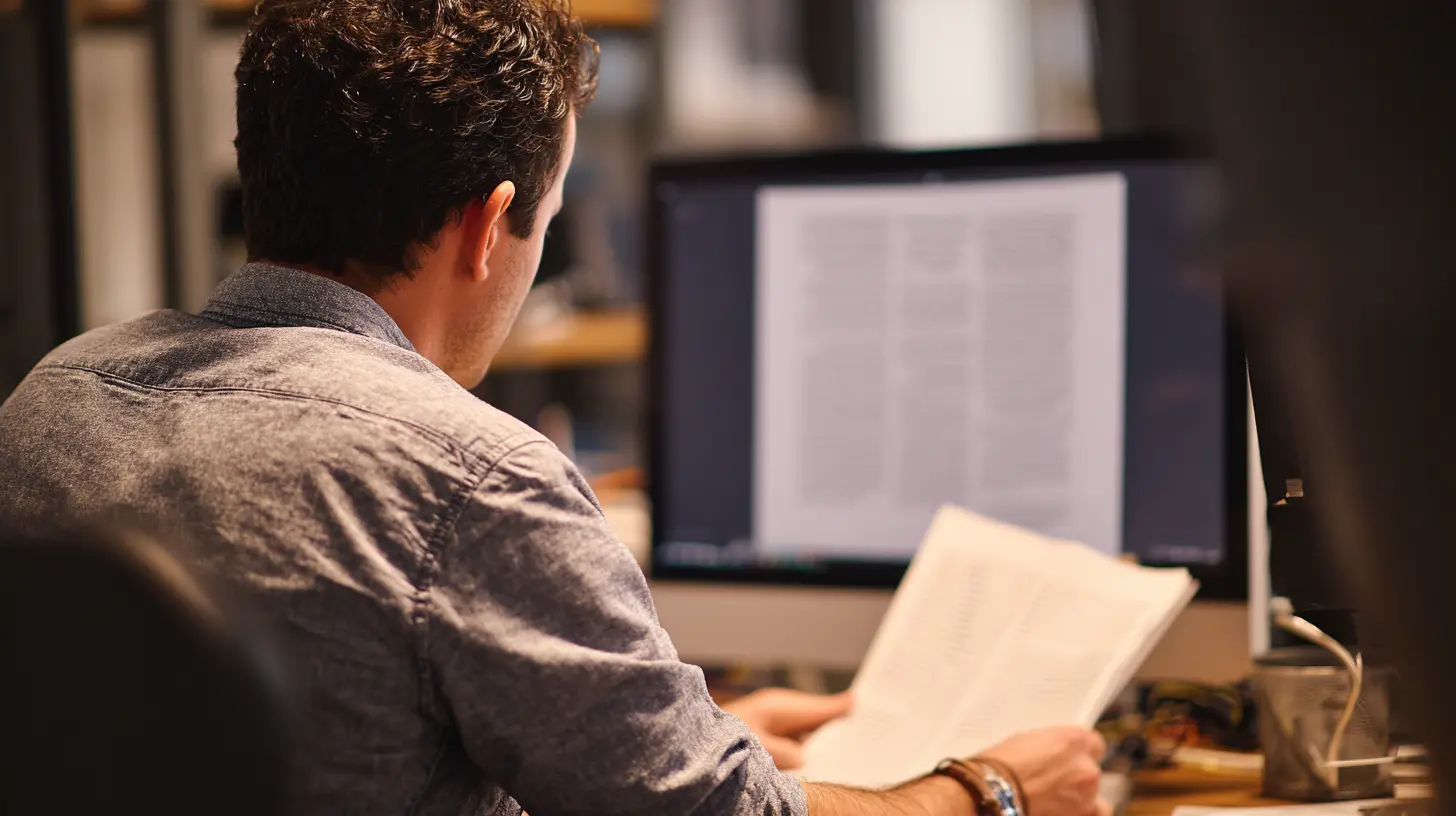Medical disclaimer: This article is educational only. FMT should be considered and performed under physician supervision in appropriate clinical settings. DIY FMT is dangerous and strongly discouraged.
Why this list matters
The microbiome field moves fast, yet patient-friendly, reliable overviews are rare. This curated list brings together accessible films, short talks, and evidence-based reading so you can understand what FMT is, where it helps most today, and why safety protocols matter.
Watch: Documentaries and short videos
Hack Your Health: The Secrets of Your Gut
Popular Netflix documentary that introduces the human microbiome and makes complex science approachable. Good for first-time learners.
TED-Ed: What is a fecal microbial transplant?
A five-minute animated explainer that covers the core idea, expected benefits in recurrent C. difficile, and key risks in simple language.
Talks: TED, TEDx, and related
Katerina Johnson – The Secret Power of Your Poo (TEDx)
A lively overview of how microbes interact with health and behavior, with a brief, lay explanation of FMT.
Mark Davis – Fecal transplants and why you should give a crap (TEDx)
Personal perspective on clinical experience and patient impact. Treat as storytelling rather than medical guidance.
TED – Kathleen McAuliffe: Do gut microbes control your personality?
Not about FMT directly, yet great context for the gut-brain axis and why microbial interventions are being researched.
Read: Practical guides and clinical overviews
The 6 Ds of Fecal Microbiota Transplantation (Allegretti and Kassam)
A structured clinical framework from decision to discharge. Clear on indications, logistics, and safety. Excellent for patients who want to understand the clinical workflow.
Cleveland Clinic Journal of Medicine – FMT: Current evidence and practice
Up-to-date review on where evidence is strongest today, especially for recurrent C. difficile infection. Balanced and pragmatic.
Frontiers in Microbiology – Application scenarios review
Survey of investigational areas. Helpful for understanding why many non-rCDI uses remain within clinical trials.
Safety first: A clear warning on DIY FMT
Attempting FMT at home introduces serious risks such as pathogen transmission and antimicrobial-resistant organisms. Screening, processing, and traceability are not optional extras. They are the backbone of patient safety. Always discuss eligibility with a qualified clinician and rely on accredited centers following rigorous donor screening.
Suggested order for newcomers
- Watch the TED-Ed explainer for a quick foundation.
- Read the Cleveland Clinic review to anchor expectations.
- Skim “The 6 Ds” to understand clinical workflow and safeguards.
- Explore a documentary or TEDx talk for broader context.
- If you are considering care, review country-specific access rules and speak with a clinician.
FAQs
Is FMT legal everywhere in Europe?
No. Classification and access vary by country. Many systems allow hospital-based access for recurrent C. difficile infection. Other conditions usually require clinical trials or special approvals.
What does “donor screening” actually mean?
Comprehensive medical history plus blood and stool testing for infectious risks, including antimicrobial resistance. Age windows and exclusion criteria further reduce risk.
What outcomes should I expect?
For recurrent C. difficile, success rates are high in experienced centers. For other conditions, evidence remains investigational and expectations should be conservative.
Planning next steps
- Compare accredited clinics using clear criteria such as accreditation, donor screening standards, procedure types, and international patient support.
- Bring your medical history and current medications to a consultation.
- Avoid promises of cure. Favor centers that communicate uncertainty clearly and provide written protocols.
About EnvaBiome
EnvaBiome is an Istanbul-based clinic providing medically supervised FMT with strict donor screening and multi-stage infectious and antimicrobial resistance testing. We use fresh preparations and deliver them only by endoscopy or colonoscopy under physician supervision. International patients can follow a streamlined three-day pathway that includes a hotel-delivered liquid diet, bowel cleansing, ECG and pre-anesthesia tests when needed, the procedure itself, a post-treatment consultation, and four VIP transfers between airport, hotel, and hospital.
Patients may propose a personal donor if they pass comprehensive stool and blood testing. Our team offers multilingual support and end-to-end travel coordination. Use is guided by clinical assessment and applicable regulations.
Disclosure: Envabiome operates this website. All medical content is reviewed for accuracy and uses cautious, non-promissory language.
